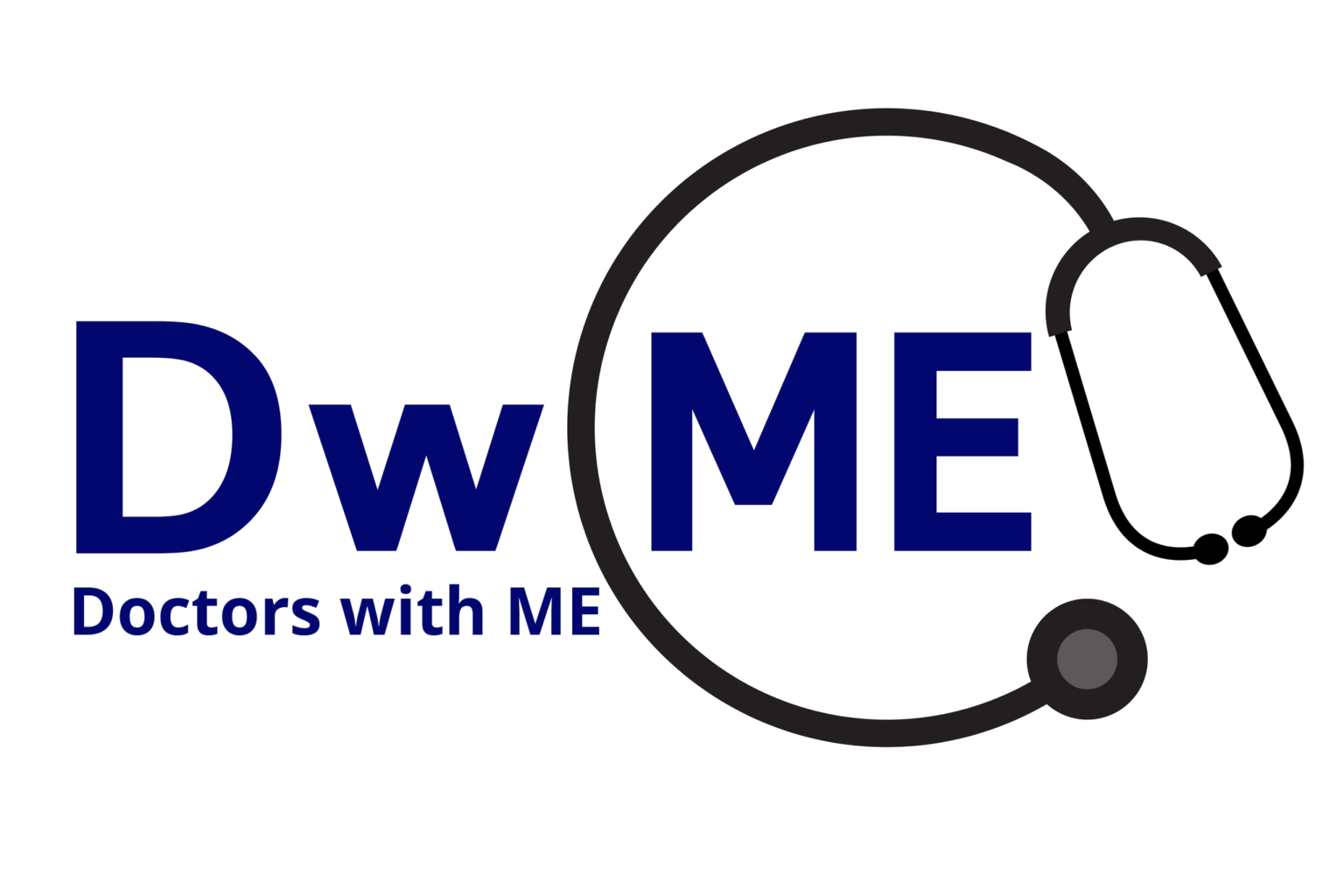Striking evidence for how to improve standards of holistic care and service provision
The FROM-16 validated quality of life tool is a pragmatic addition to the frontline clinical toolbox, allowing for holistic decision making to be made regarding care and broader service provision.
This new research demonstrates the role of family-wide quality of life assessment when clinicians offer or recommend treatments or services, including by social care, occupational therapy or other providers.
FROM-16 QoL Tool
The FROM-16 is validated questionnaire which measures current Quality of Life impact on a healthy person of having a partner or family member with a health condition. It can be completed by anyone over the age of 18 years, concerning the impact of the health condition of a patient of any age. There are 16 questions covering the domains ‘Emotional’ (6 questions) and ‘Personal and social life’ (10 questions). Each question is scored from 0 to 2 (0=not at all, 1=a little, 2=a lot), with a score range of 0–32, ‘0’ meaning no impact and ‘32’ meaning greatest possible impact.
“Ill-health often has a major impact on the quality of life of a person’s partner or other family members. This impact can now be measured using a simple validated questionnaire, FROM-16, to help identify those in need and to take more appropriate clinical decisions.”
Professor Andrew Finlay, Co-Author, Clinical Professor, Cardiff University School of Medicine
Efficacy for ME/CFS – the evidence
“Our study has highlighted the significant negative impact on the QoL of persons with ME/CFS. It is particularly striking to note that the lowest EQ-5D value of the representative UK population norm is much higher than the highest EQ-5D value of persons with ME/CFS in our study. It is also interesting to note that the lower the QoL of a person with ME/CFS, the higher the negative impact on the QoL of the family member.
Our study also demonstrated that family members of persons with ME/CFS may experience a higher impact on their QoL due to their family member’s condition than family members of patients with many other chronic conditions. This impact should not be underestimated. Assessing family members QoL through questionnaires such as the FROM-16 may aid in providing a holistic approach to treatment and service provision for families affected by ME/CFS.”
Dr. Jui Vyas, Lead Author, Clinical Reader, Cardiff University School of Medicine
“ME/CFS needs to be acknowledged as a serious disease, causing significant impact on health and QoL, not only of the individual but also of their family. Education for healthcare practitioners must be updated to reflect this. It would be possible to screen for these impacts using EQ-5D or FROM-16 in routine clinics.
The medical encounter can be vastly improved by acknowledging the impact on family members and providing practical advice and support to both people with ME/CFS and their family members.”
Dr. Ravinder Singh, Co-Author, Research Associate, Cardiff University School of Medicine
“Recognising this impact has the potential to lead to improvements in the standard of care and compassion offered to patients with ME/CFS and their families.”
Rachel Ephgrave, Co-Author, Patient Research Partner
Key features
- International online survey
- Patient and public involvement in the study design
- Validated questionnaires; EQ-5D 3L for people with ME/CFS, FROM- 16 for family members
Participant demographics
- 1418 people with ME/CFS and their 1418 family members from 30 countries participated
- The majority of participants with ME/CFS were female and their average age 46 years
- There was an average of 14 years since diagnosis
- 11% of families had more than one family member with ME/CFS
- Nearly 70% of family members were a spouse or partner, the average age of family members was 52 years
- All participants with ME/CFS included in this analysis stated that they had a diagnosis of ME/CFS from a healthcare professional
Key findings
The mean EQ-5D value for people with ME/CFS in our study was 0.36. In comparison the mean value for a UK representative sample is 0.86;, a mean value of 1 denotes full health. This shows the quality of life of people with ME/CFS is significantly impaired.
People with ME/CFS are most affected by ability to perform usual activities, pain, mobility and self care, and least affected by anxiety. The most common EQ-5D descriptor profile experienced by 9% of people with ME/CFS participating (n=128) indicated some problems with mobility and self care, inability to perform usual activities, moderate pain/discomfort and no anxiety/depression.
Family members were asked about different aspects of their lives using a validated quality of life tool, Family Reported Outcome Measure, FROM-16. Family members were most impacted emotionally by worry, frustration and sadness and personally impacted by family activities, holidays, sex life and finances.
The FROM-16 score from our study 17.9 (0=no impact 32=worst impact) demonstrated a significantly greater negative impact on the quality of life of family members of persons with ME/CFS compared to other conditions including various cancers.
Acknowledgements
We would like to thank all of the charities, patients and their family members who took part, shared, and contributed to this research.
We also want to acknowledge that not all people with ME/CFS have a family member or partner and that several individuals took the energy to write to our research team to explain the isolation and difficulty maintaining family relationships or lack of empathy from family members that can be experienced with this illness.
Citations
Vyas J, Muirhead N, Singh R, et al Impact of myalgic encephalomyelitis/chronic fatigue syndrome (ME/CFS) on the quality of life of people with ME/CFS and their partners and family members: an online cross-sectional survey BMJ Open 2022;12:e058128. doi: 10.1136/bmjopen-2021-058128
Golics, C.J., Basra, M.K.A., Finlay, A.Y. et al. The development and validation of the Family Reported Outcome Measure (FROM-16)© to assess the impact of disease on the partner or family member. Qual Life Res 23, 317–326 (2014). doi: 10.1007/s11136-013-0457-y

Dr. Nina Muirhead
Director
Dermatology Surgeon, Chair of CFS/ME Research Collaborative Medical Education Working Group, Forward ME representative, Expert Witness, UK National Institute of Health and Care Excellence.

